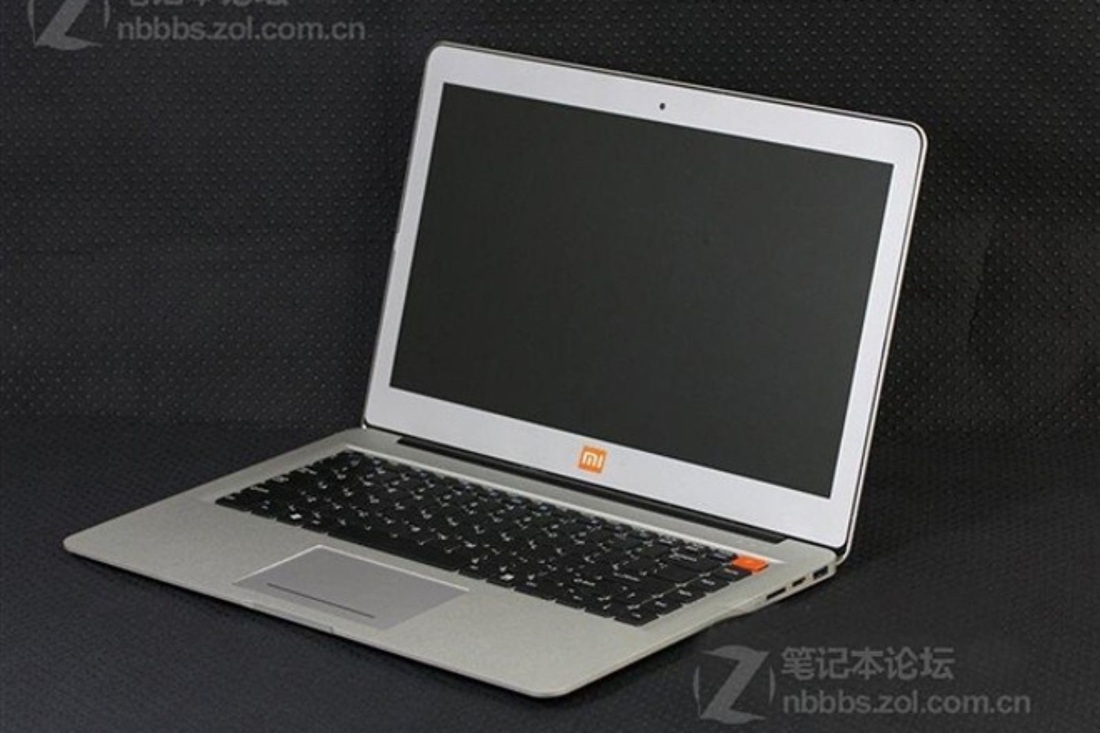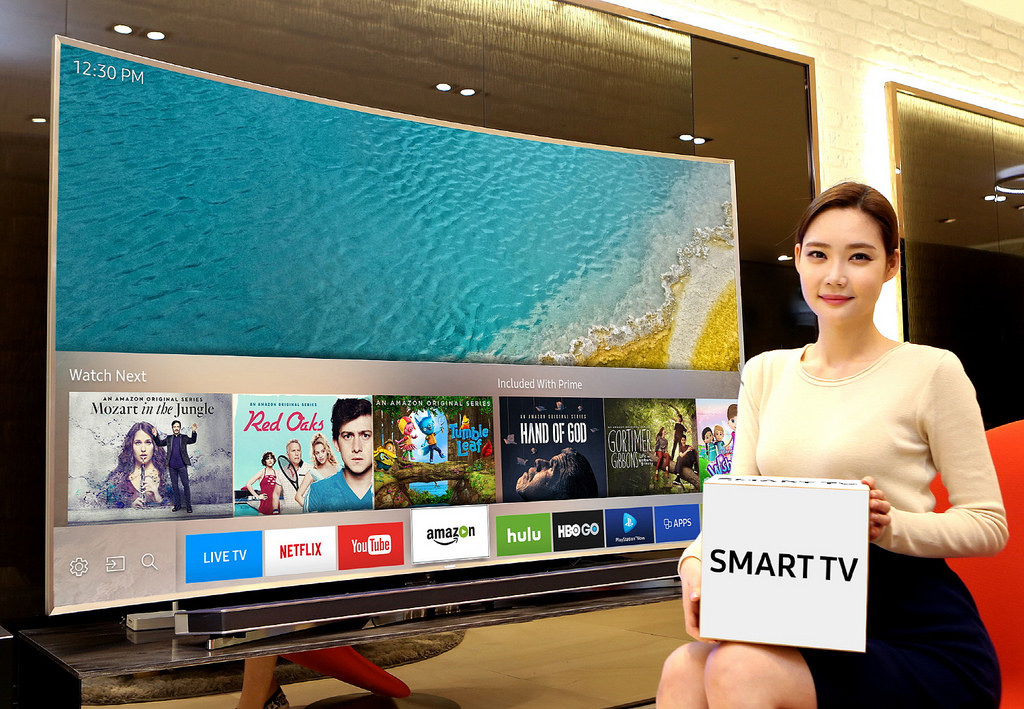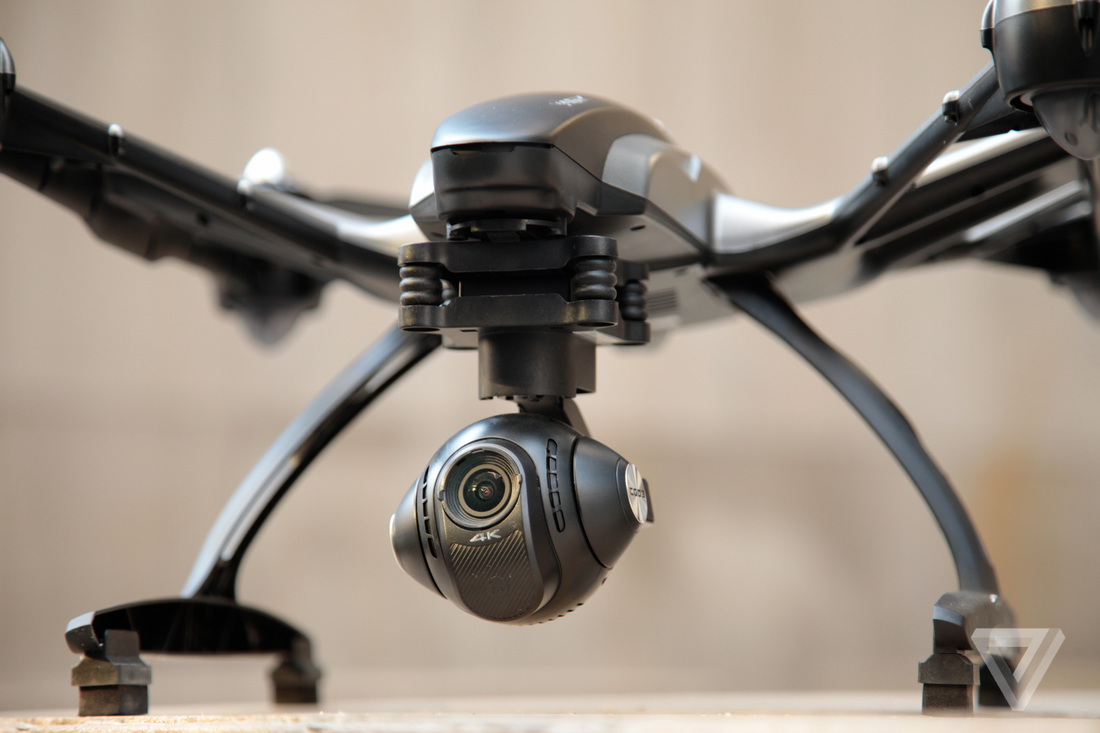At the moment, Xiaomi has no reason to care what Western consumers or the Western media think about it (we're not their customers). But if it ever wants to move out of China and start selling in countries where intellectual property rights are taken seriously, it’s going to have to make some changes, just like Samsung did. This doesn't just mean changing the media's narrative of course — it means hiring some decent designers, too.
|
Yesterday, a number of tech sites wrote stories about the picture above, claiming that it showed an as-yet-unreleased laptop made by Chinese smartphone firm Xiaomi. "And, to no one's surprise" they said, "it looks just like a MacBook Air." Unfortunately, the story was wrong. A Xiaomi spokesperson denied that the laptop was theirs and others have pointed out that the image actually shows a genuine fake: an unapologetic MacBook Air rip-off built by some anonymous white label firm which troublemakers had photoshopped Xiaomi’s logo onto. The problem here isn’t whether or not Xiaomi copies Apple’s design (it definitely does — we wrote about this exact issue yesterday). The problem is that, in the eyes of the Western media, Xiaomi's copying has become the company’s defining narrative. So much so that a quick photoshop can create a story out of thin air, even when pretty much every company in the laptop industry has been taking the MacBook as the standard to beat for years (though, yes, if this story had been real it would have been a particularly egregious example.)
At the moment, Xiaomi has no reason to care what Western consumers or the Western media think about it (we're not their customers). But if it ever wants to move out of China and start selling in countries where intellectual property rights are taken seriously, it’s going to have to make some changes, just like Samsung did. This doesn't just mean changing the media's narrative of course — it means hiring some decent designers, too. |
HeadlinesArchives
May 2016
Categories
All
|




